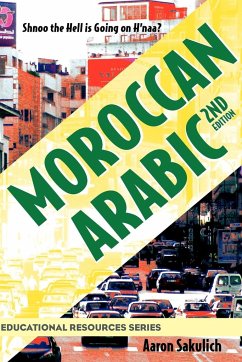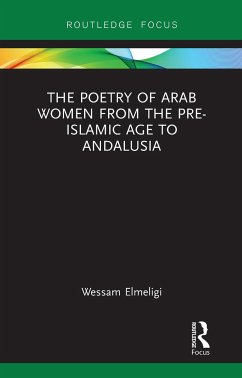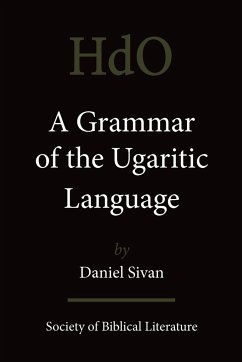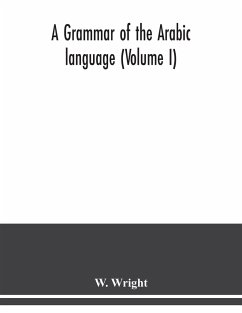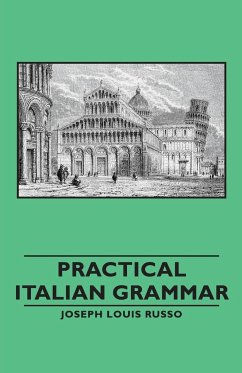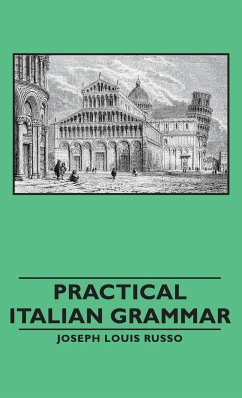
Practical Grammar of the Arabic Language
Versandkostenfrei!
Versandfertig in 1-2 Wochen
21,99 €
inkl. MwSt.

PAYBACK Punkte
11 °P sammeln!
'In writing his Introduction to the Arabic language I do no pretend to have performed a work of great research; but I may justly state that I have produced a most useful and practical work for those who wish to study this language, no such book having ever appeared before in this country. As to the method of writing Arabic words with English characters, it was made at the suggestion of the publisher. 'I have to thank the REV. H.G. Williams, Professor of Arabic at Cambridge, for many hints, especially for correcting the English.'






